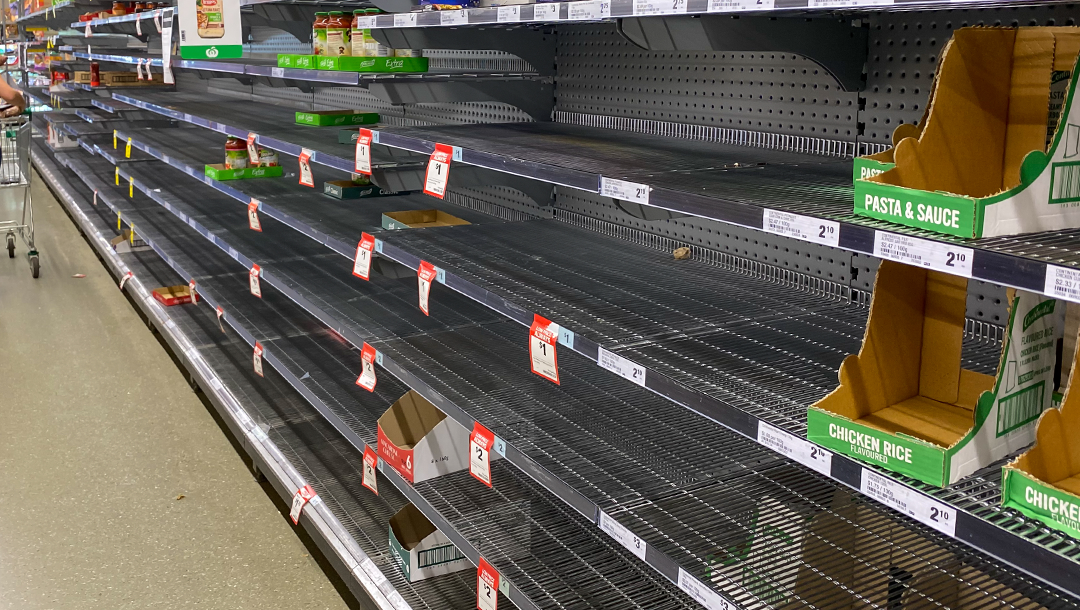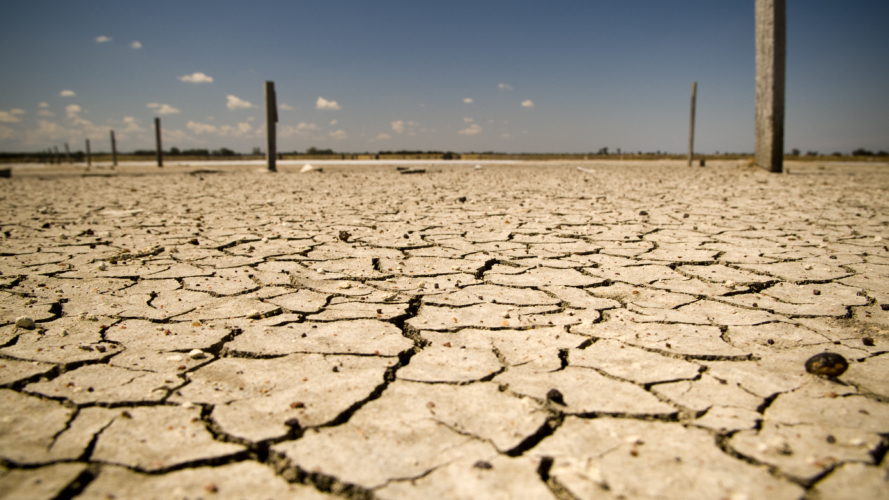
How does water impact food availability?
April 1, 2021
Water has a huge impact on food production as the devastating impacts of extreme flooding in the last few weeks show. Drought and exceptionally variable rainfall patterns are a fundamental part of the Australian landscape.

Climate change is aggravating water shortage conditions and increasing the dangers of more catastrophic flooding making actions to reduce risk more urgent.
Food and beverage production is reliant on the availability of large volumes of high-quality water and appropriate treatment and disposal systems, all of which are location specific. The impacts of climate change on water are evidently grave business risks and should be assessed like any other. No one wants to see empty supermarket shelves.
There is no one-size-fits-all approach and practical solutions are required. A water risk assessment is a good place to start.
The Alliance for Water Stewardship uses an ISO consistent framework to help you to identify water risks not only within your site, but the whole catchment. It also provides a common framework to understand water risk across your company or supply chain. The benefits of using a water stewardship approach include:
- identify water risks at a site, business and catchment level
- increase water efficiency and strengthen stakeholder relationships
- improve local water quality and protect important water-related areas
- a credible demonstration of sustainable water management
- a common framework to understand water risk across your operations
- credible, independently verifiable sustainable water management claims via third-party certification
Cress Consulting are experienced water stewardship and sustainability specialists. We can assess your water risk and identify sustainable water management options to increase the resilience of your business, operations and supply chains. If you would like help to find the right solutions to a more sustainable, secure future, please contact us here.


